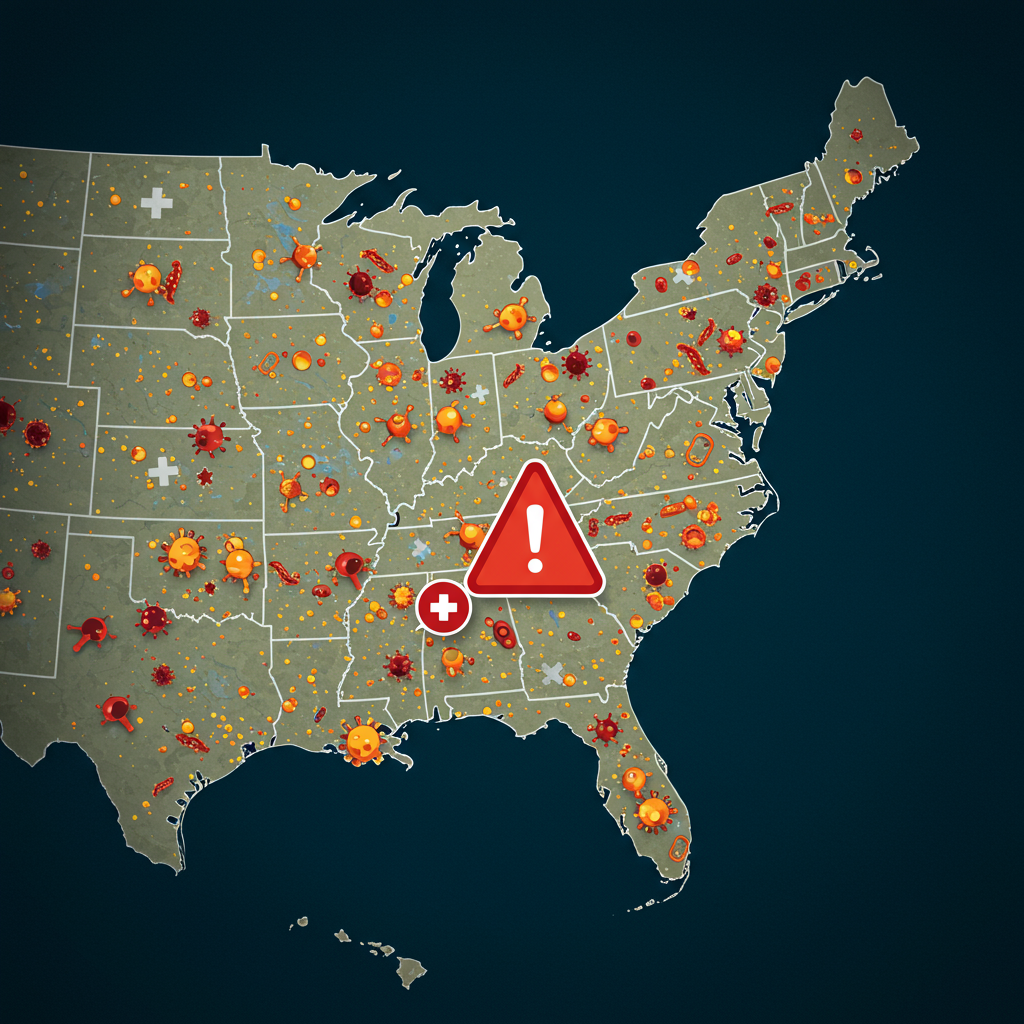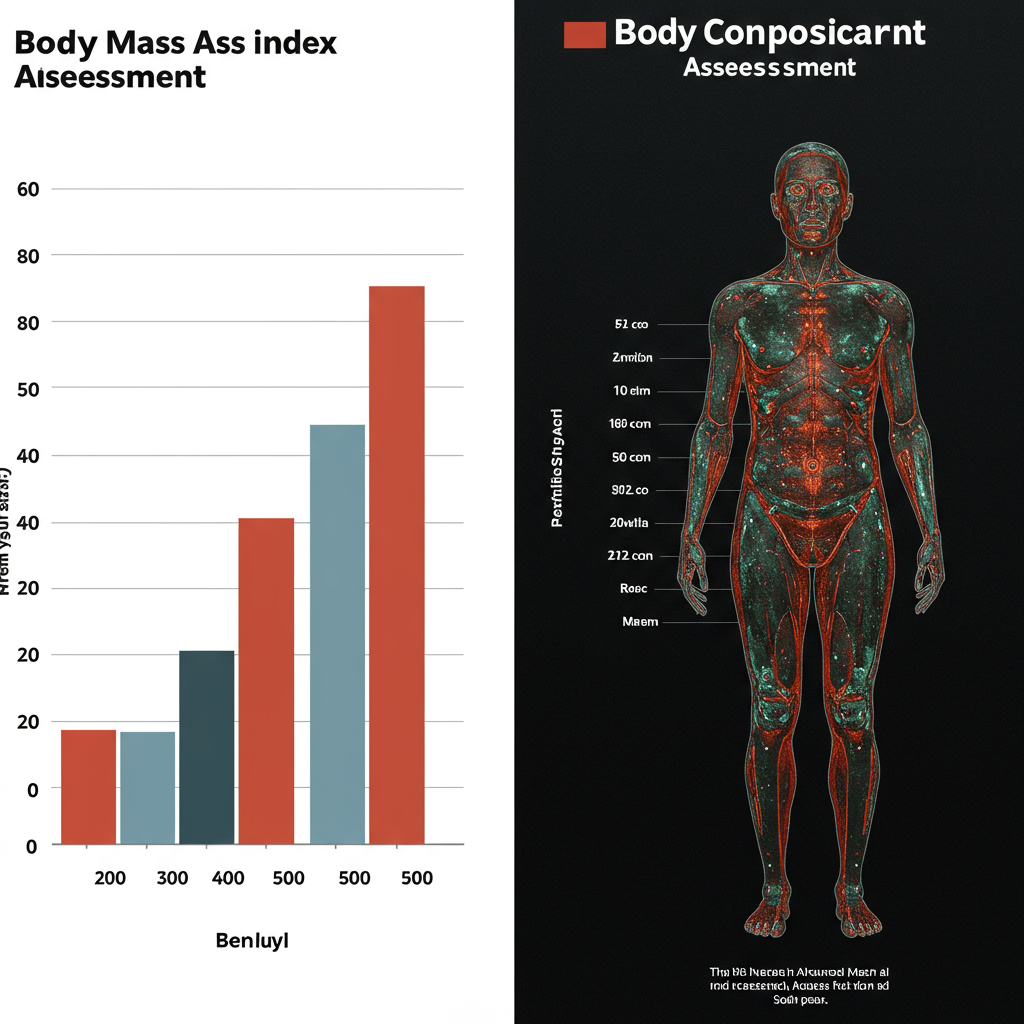Measles Resurgence: North Carolina and Oregon Confirm First Cases Amid Rising National Numbers
North Carolina and Oregon have become the latest states to report their first confirmed measles cases of the year, underscoring the continued spread of the highly contagious disease across the United States. These new confirmations arrive as the nation’s total case count for the year approaches a level not seen since measles was declared eliminated domestically in 2000.
In North Carolina, the first case involves a child who was visiting Forsyth and Guilford counties. According to state health officials, the child had recently been in a country currently experiencing measles outbreaks.
Oregon also confirmed its initial case for the year in an unvaccinated adult residing in Multnomah County. This individual had recently returned from international travel. The patient was hospitalized in the Portland metro area with symptoms including rash and conjunctivitis but has since been discharged and is recovering. Health authorities indicated that no other patients were believed to have been exposed during the hospitalization.
Expanding Reach Across the US
The cases in North Carolina and Oregon are part of a broader pattern of increasing measles activity nationwide.
Utah, which reported its first case on June 20, now has three confirmed cases. While these cases are not directly linked, the first patient was an unvaccinated adult with no travel history outside the state, suggesting local transmission occurred within Utah. The two subsequent cases are also in unvaccinated adults in different parts of the state.
On the West Coast, Washington state has reported a total of 10 cases for the year, including recent confirmations in Seattle-King County and Whatcom County. Some cases have been linked to international travelers, leading to potential public exposures in areas like urgent care facilities and other community locations.
Virginia health officials are investigating a potential exposure incident at Dulles International Airport involving an international traveler who was visiting North Carolina. This brings Virginia’s total cases for the year to three.
In the Midwest, Michigan has declared a measles outbreak in Grand Traverse County after confirming three linked cases, with the initial case connected to an out-of-state traveler. Possible public exposures occurred at local businesses and residences. North Dakota has also reported its first measles cases since 2011, with an outbreak of nine cases in Williams County. These new cases are not direct contacts of previously identified patients and involve unvaccinated individuals, suggesting possible community transmission with exposures reported at schools and a major retail store.
California‘s Los Angeles County has reported its fourth case of the year, involving an international visitor.
Updates on the large outbreak centered in West Texas, which previously affected Kansas and New Mexico, indicate a decline in new illnesses, although ongoing transmission persists in specific Texas counties. Kansas has reported one additional case linked to this broader regional event.
Collectively, the United States has now confirmed 1,214 measles cases in 2025, approaching the total number of cases reported in a single year since the disease was eliminated from the country in 2000.
International Landscape and Broader Implications
The rise in measles cases is a global concern. Bolivia has declared a national emergency after recording 60 cases, primarily in the Santa Cruz area, with the outbreak linked to a traveler from Russia. Canada is also experiencing significant activity, with its latest weekly update noting 221 new cases across five jurisdictions, predominantly in Alberta and Ontario. Canada’s total confirmed and probable cases for 2025 stand at 3,381.
The severe health impacts of measles are highlighted by concerning reports, including a case where a pregnant woman experienced fetal loss following her infection.
The resurgence of measles is largely attributed to decreasing vaccination coverage. Public health efforts continue to emphasize the importance of the measles vaccine as the most effective protective measure, especially as summer travel increases the potential for international spread. Addressing vaccine hesitancy and combating misinformation remain critical challenges. As case numbers climb globally, staying informed and ensuring timely immunization for all eligible individuals is paramount to controlling the spread of this highly preventable disease.



